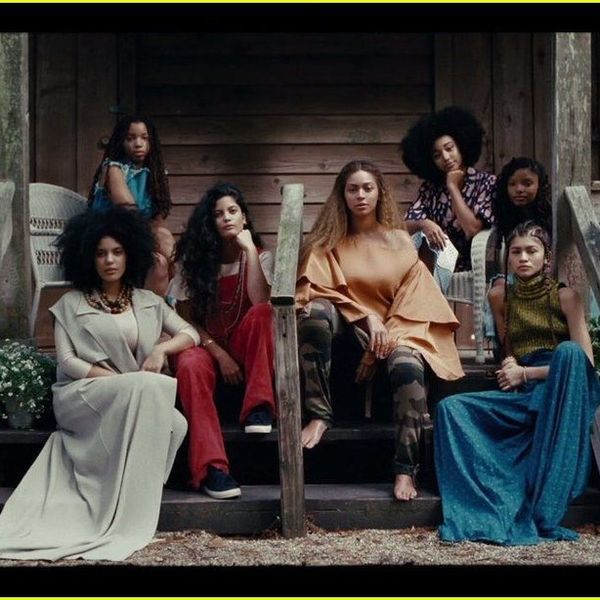Acts of resistance are actions that challenge, correct, and/or attempt to raise awareness regarding an aspect of society. Bob Marley’s expressive form of speech through his music is a prime example of resistance. Bob Marley, a Rastafarian, integrated his religious and political views in rhythm and reggae in order to present a transformative form of education. Although Marley's music has a happy and upbeat sound, it consists of lyrics that challenge the social and political systems of his time. In this way, his music was a social commentary.
Bob Marley was aware of his “hybrid third space” and created a zone in which he shared his experiences by devoting himself to music by promoting justice and freedom. Reggae music itself was a “third space”. It was created as a traditional form of expression by African slaves in Jamaica and was dominated by the bass of drums rather than the guitar. It was a form of resistance to express the struggles of the Jamaicans during their fight for freedom.
In the song “War”, Bob Marley delivers messages about the matrix of domination, race, privilege and equality. In the first verse, “Until the philosophy which holds one race/ superior and another inferior/ is finally and permanently discredited and abandoned/ everywhere is war”, Marley sheds light upon the shared challenge of breaking out of the social construct between the dominant and inferior classes. He states that until society dismantles the social hierarchies it has created, people will continue to live in war, poverty and unrest. Marley believed that one race, the human race, shared the same suffering of fighting for equality and living in war. The historic context of this song dates back to Haile Selassie’s speech regarding racism in the United Nations in 1968. By integrating politically and socially challenging concepts into rhythmic music, Marley was able to spread awareness about these issues.
Marley also challenged socially constricted beliefs about race, privilege and power in the infamous song “Get Up, Stand Up”. Marley encouraged people to take a stand and not allow continued racism and social injustice. Marley refers to the repressed story of the poor and minorities in this song and sings, “is not all that glitters in gold and half the story has never been told”. In the verse, “Get up, stand up/ stand up for your rights/ Get up, stand up/ don’t give up the fight”, Marley encourages the public to stop sitting idle by and make a difference. It promotes social change by revolution. It demands action and awareness. He continues, “We're sick and tired of your ism and skism game/ you can fool some people sometimes/ but you can't fool all the people all the time.” In this verse Marley delivers the message that the legacy of racism is not innate, rather an idea that has been socially constructed and reiterated. He challenges listeners by urging them to critically think about the hurtful stereotypes between different races and social classes, and encourages them to rise above racial legacies and fight for their rights, equality and freedom.
Although reggae music has a historical legacy of being an act of protest through song, it now has diminished into a mainstream phase. Songs such as “Rude Boy” by Rihanna do not do justice to the root of reggae and why it was originally created. Reggae was once a creative mean to protest through music in order to shed light on human rights issues, but has now been transformed into a mainstream genre. When mainstream artists use reggae beats as a trend instead of acknowledging the oppressive roots it stems from, they dismiss the culture and context of the music. Artists in the modern age need to be more aware of where their musical, or dance, inspirations stem from and shed light on its history because the reality of these rhythms run deep, where the oppression and struggles of the Jamaican people were being expressed through creative outlets.
However, the power of resistance through music holds truth to this day, and Marley furnished a textbook example of doing so, for his legacy is timeless. His bi-racial background, Rastafarian religion, and devotion to raising awareness to social and political issues combined makes for a respectable legend. Marley focused on the hardships of the poor and of third world countries, rather than dismissing them. He knew that the only way people could break out their social construct was by educating others and challenging social ideologies.




















